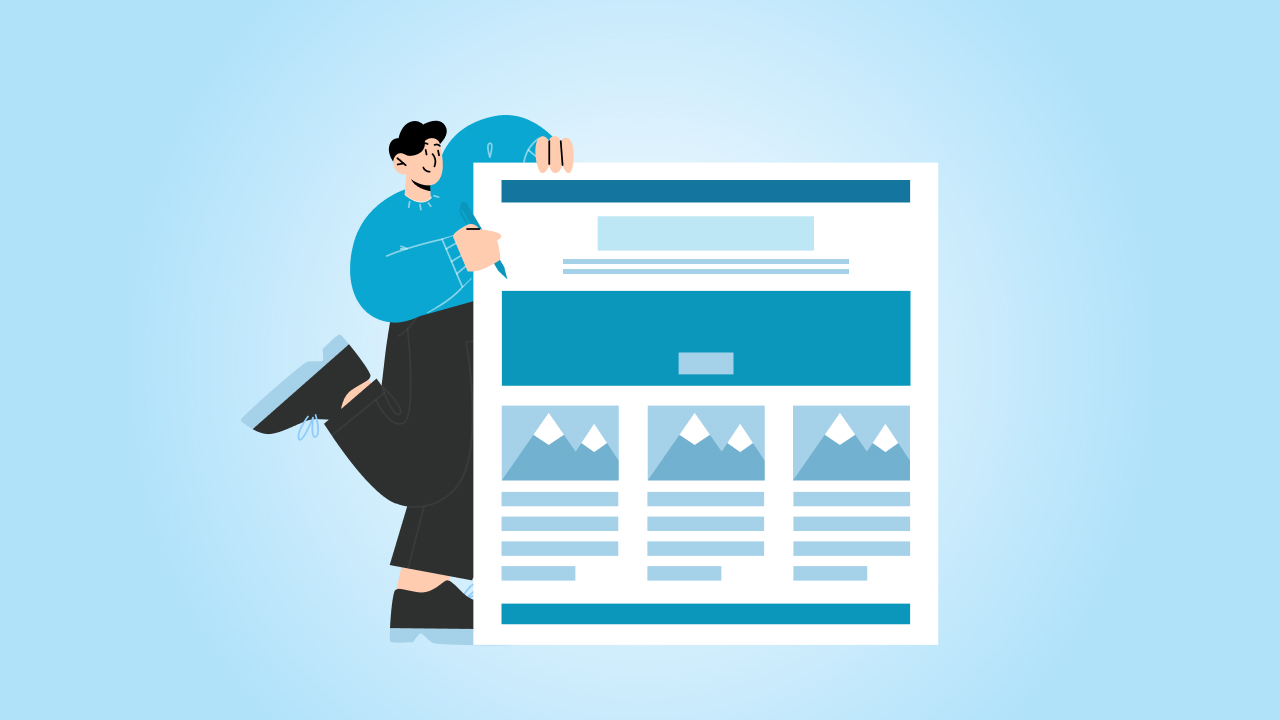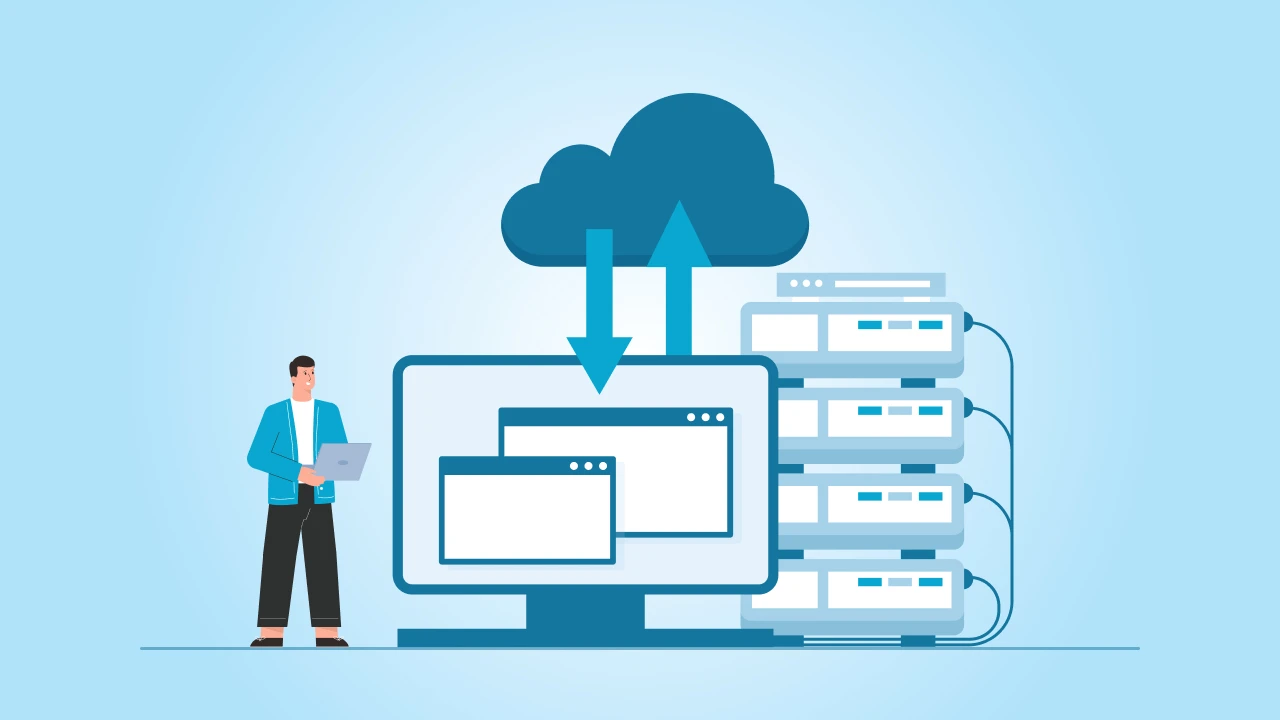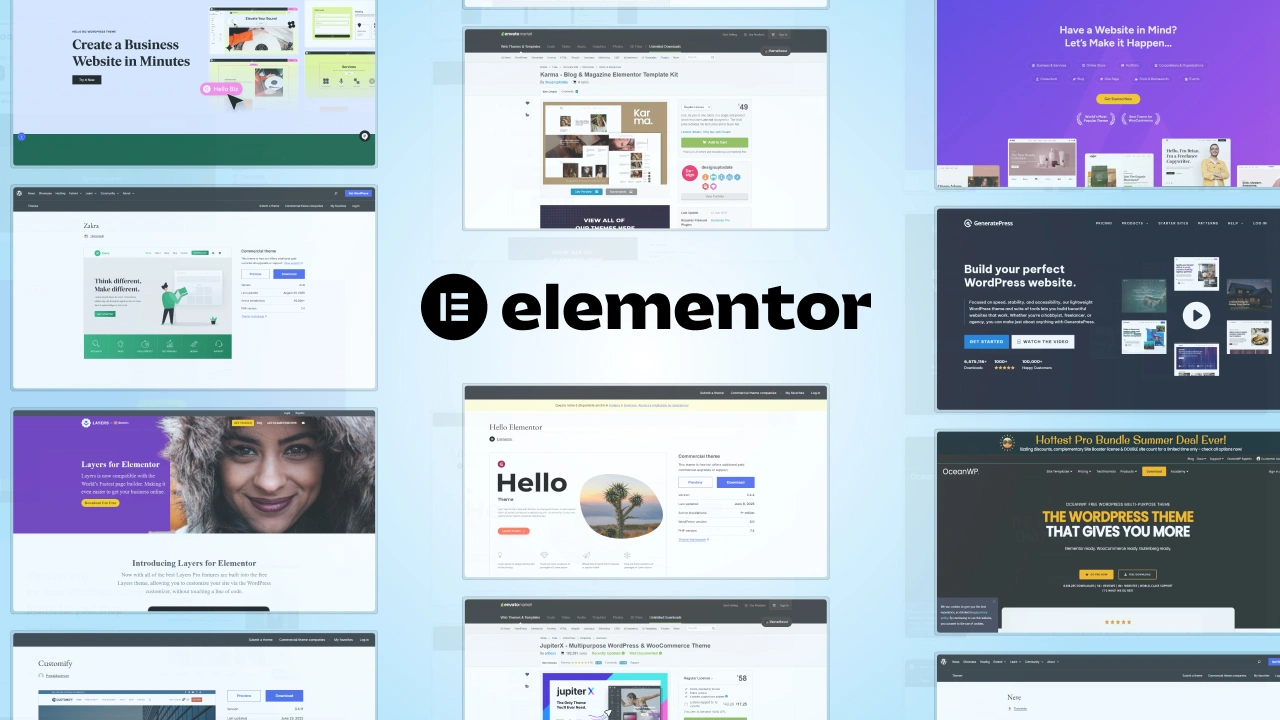We all know that security is the most important part of everything. As we are talking about website security here, so we should always be aware that the internet is a dangerous place and our websites are compromised all the time.
The most of the website security breaches are not only to steal your data or mess with your website layout but instead attempts to use your server as an email relay for spam, or to set up a temporary web server, normally to serve files of an illegal nature.
We know that nothing is secure in the online world, but sometimes due to a lack of knowledge and skill, we as a developer and owner of the website give the opportunity to the hackers and compromise the website.
So, if especially talk about the WordPress platform, then the first question the client probably wondering before development, is WordPress secure? … For the most part, YES. However, WordPress usually gets a bad rep for being prone to security vulnerabilities and considered not being a safe platform to use for a business.
So, if you are trying to hire a WordPress developer or hire a WordPress plugin developer then make sure you take their interview and make sure he has enough knowledge for the security level.
Hacking is performed by automated scripts on a regular basis written to scour the internet in an attempt to exploit known website security issues in software. Below are a few ways to keep your site safe online.
1. Keep Software up to Date
Either it’s server operating system software or a software that you run in your CMS or forum, you should always keep the software updated at a regular interval of time. If your website is hosted on a managed hosting solution then you don’t need to worry about as they do these things on their end.
But, if you are using any third-party software or any CMS like WordPress, then make sure to apply the patches or update with a new version whenever it is asked.
2. Watch Out for SQL Injection
SQL injection attacks generally took place by using a web form field or URL parameter to gain access to or manipulate your database. When you use standard Transact SQL it is easy to insert rogue code into your query that could easily change tables, collect information and delete data. You can easily prevent this by always using parameterized queries, most web languages have this feature and it is easy to implement.
3. Validate on Both Sides
Validation should always be done both on the browser and server-side. The browser can catch simple failures like mandatory fields that are empty and sometimes these can, however, be bypassed, and you should always make sure you check for this validation as it could lead to malicious code or scripting code being inserted into the database or could cause undesirable results in your website.
4. Check Your Passwords
Everyone knows that they need to use a strong password, but they never practice to do so. As much as users do not like it, enforcing password requirements such as a minimum of around eight characters, including an uppercase letter and number will help to protect their information in the long run.
5. Avoid File Uploads
Allowing users to upload any files on the website is completely a risk, because just by inspecting the file extension and it’s mime type we can’t say that file is innocent. So, still, if we are permitting to upload images, it needs to make sure that we change the file’s name after uploading and change the permissions of the file to 0666.
6. Use HTTPS
HTTPS is a protocol that is used to provide security over the Internet. This guarantees that users are talking to the server they expect and that nobody else can intercept or change the content they’re seeing in transit.
7. Get Website Security Tools
Always use the security plugin for the website that protects the website using FIREWALL and protects from other hacking or phishing. There are lots of plugins available like WP Super Cache, W3 Total Cache, WordFence, etc.
Conclusion:
If you follow even a few steps from the above points as a developer, owner or author, then you can make your website safe or else you can contact cmsMinds for expert wordpress development services.





